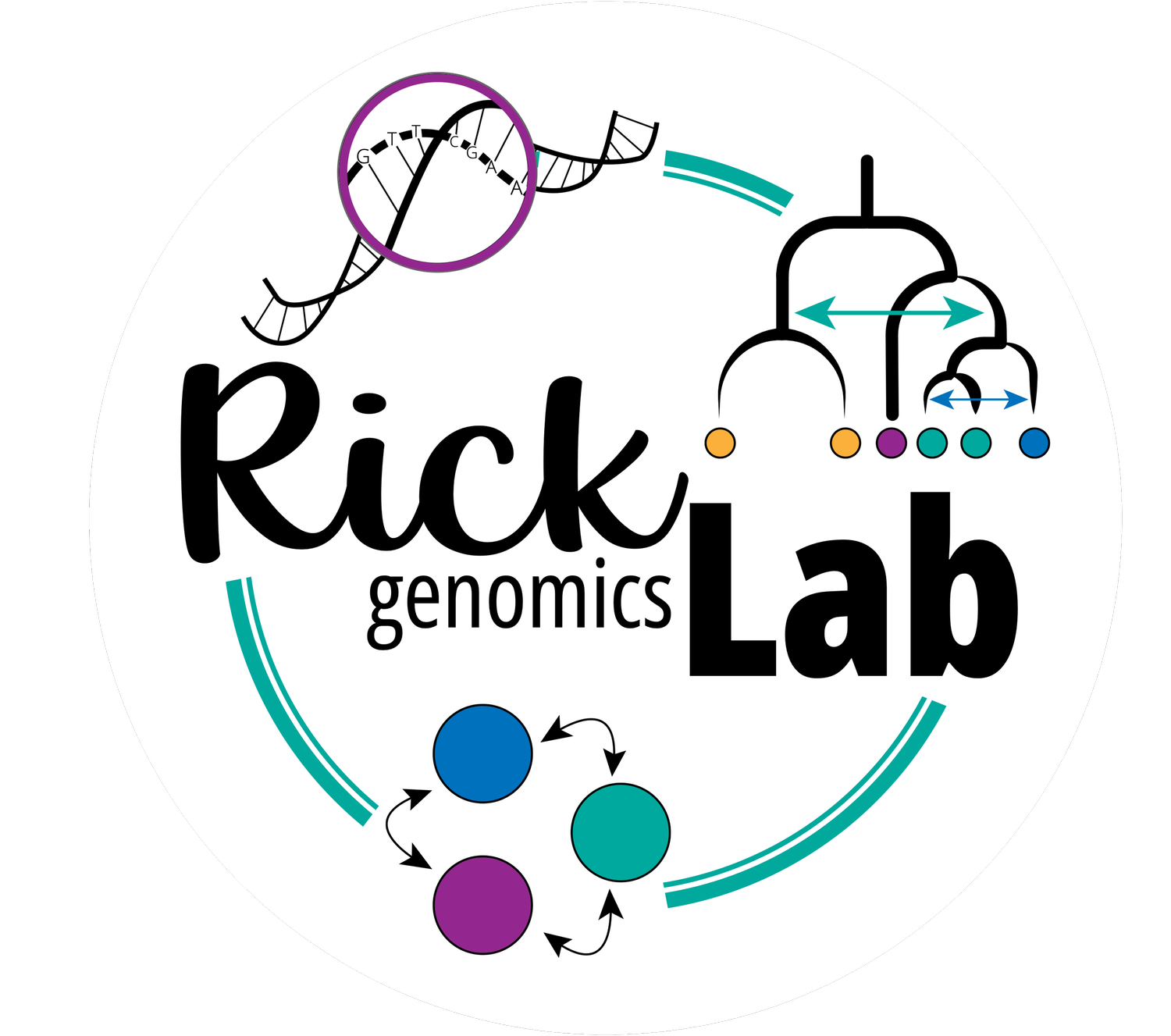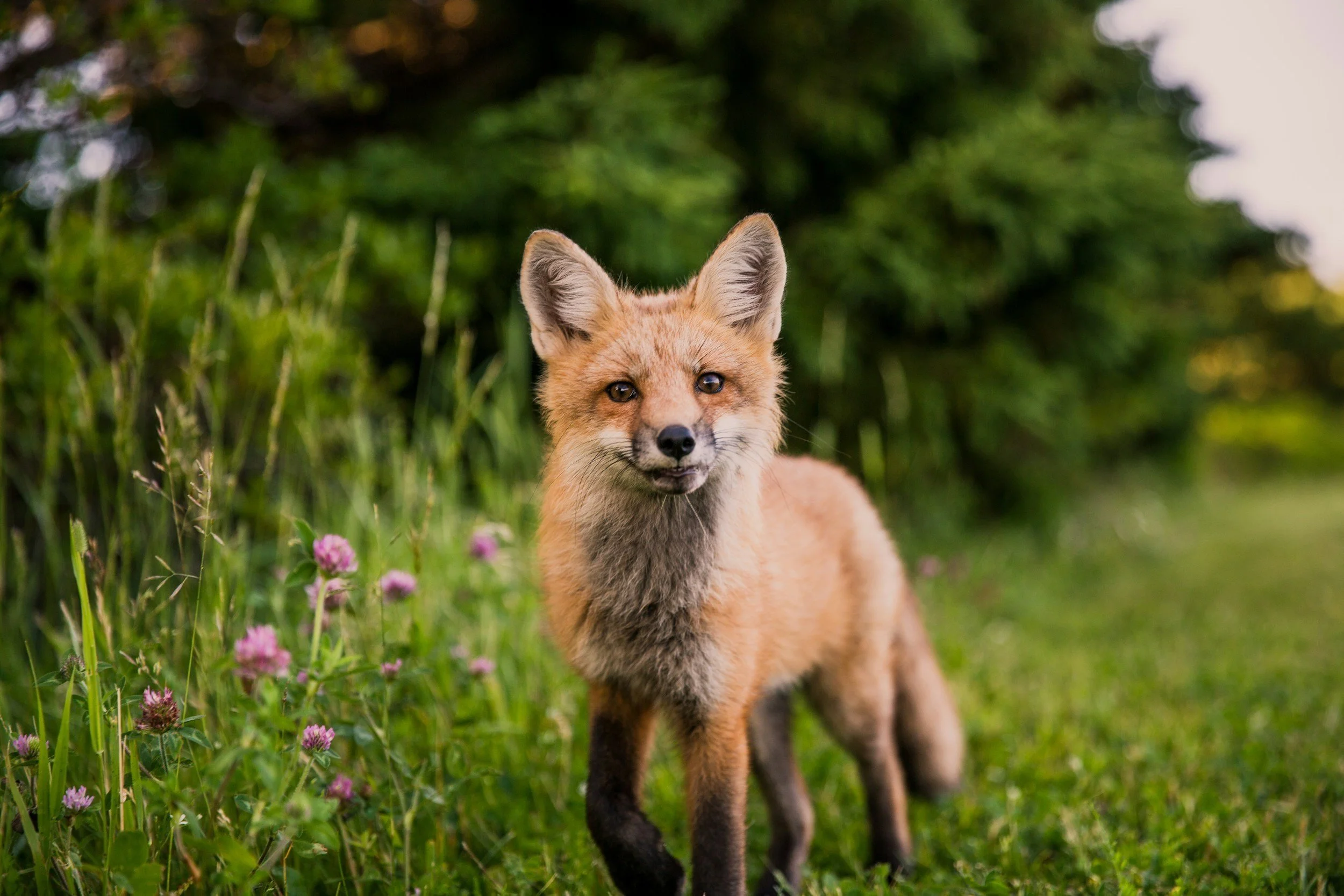Teaching at the University of Arizona
Conservation Genetics
WFSC/GENE/ECOL 430/530
In this course, we discuss the basic methods and theories of genetic/genomic analyses together with the application of these analyses to promote conservation, proper management, and long-term survival of free-ranging wildlife species – including the exploration of current conservation genetic/genomic literature.
Taught Fall 2024. Starting in the 2025-2026 academic year, will be moved to spring semesters (next taught Spring 2026).
Bioinformatics for Conservation
WFSC 496b/596b
The world of conservation biology has been revolutionized by methods for using genetic and genomic tools. This course is aimed at introducing students to current bioinformatic methods and tools that are used in conservation-related studies of wild populations. In this course, we delve into the applications of bioinformatics in the context of natural resource management through hands-on learning. Students explore a range of topics including genetic diversity assessment, population structure evaluation, phylogenetics, and landscape genomics. Through this course, students will not only gain proficiency in bioinformatic methods but also develop critical thinking skills necessary to address complex conservation challenges with genomic data. They will be equipped with the knowledge and tools to contribute meaningfully to the conservation and sustainable management of biodiversity in the face of environmental change and anthropogenic pressures.
Taught Fall 2024. Starting in the 2025-2026 academic year, will be moved to spring semesters (next taught Spring 2026).
Sustainable Earth
RNR150C1
In this course, students learn more about climate change and how it has affected life on Earth and human societies in the past, currently, and in the future. We work on better writing practices and communication with both friends/family and with a professional audience. We use the perspectives of climate, ecological, and economic science along with humanities and art to understand what is going on and how we can adapt and change for a better future.
Taught online Spring 2024.



